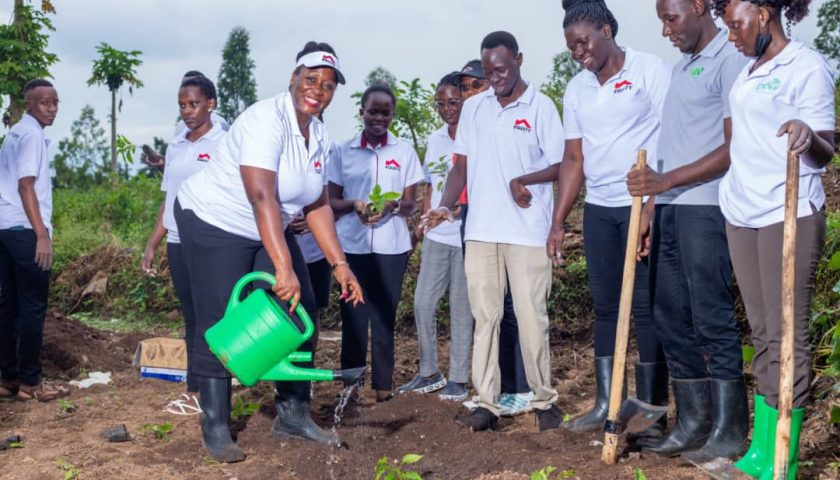Uganda has officially met the United Nations criteria for graduation from the Least Developed Country (LDC) status, joining Rwanda and Tanzania in this milestone achievement. This marks a turning point in Uganda’s development journey and signals a shift towards building a modern, competitive, and inclusive economy.
Speaking at the #OpenGovUg event, Hon. David Bahati, Minister of State for Trade, emphasized:
“We gather today to celebrate a significant milestone in Uganda’s development journey, following the pronouncement of meeting the United Nations criteria for graduating from the Least Developed Country status. Uganda’s LDC graduation is a milestone, not the destination.”
Driving Domestic Trade and SME Growth
The Government of Uganda is implementing bold measures to strengthen trade and support small and medium enterprises (SMEs). These include:
- Digitalizing business registration.
- Expanding affordable trade and investment finance.
- Reducing energy costs for industries.
- Building storage, warehousing, and cold chain facilities.
- Streamlining trade and customs procedures.
- Promoting Buy Uganda, Build Uganda (BUBU) to increase local consumption.
- Supporting agro-MSMEs, cooperatives, and farmers with tools for value addition and market access.
Hon. Bahati highlighted the government’s broader vision:
“Every child should enjoy quality education and healthcare. Farmers and entrepreneurs must access markets, technology, and finance. Communities must be linked by modern infrastructure and digital networks.”
Expanding Regional and Global Market Access
Uganda is leveraging its membership in the East African Community (EAC), COMESA, and AfCFTA to scale exports and expand access to regional and global markets. Heavy investment in technical and vocational education is also preparing the workforce for a diversified economy.
Uganda is prioritizing nine key value chains—including dairy, beef, coffee, fish, and maize—to boost exports and strengthen industrial resilience.
A Call to the Private Sector and Partners
Hon. Bahati also addressed Uganda’s partners in development and business:
“To our private sector partners, we call upon you to continue investing in productivity improvements, quality standards, and innovation. Your role in creating jobs and generating export earnings is more crucial than ever.”
He added:
“To our development partners, we appreciate your continued support as we navigate this transition. We look forward to evolving our partnerships from traditional donor-recipient relationships to more collaborative arrangements based on mutual benefit and shared prosperity.”
Uganda’s graduation from LDC status is a step forward, not the finish line. By strengthening SMEs, diversifying exports, and scaling industrial value chains, Uganda is positioning itself as a competitive hub in the region and a beacon for sustainable growth.





